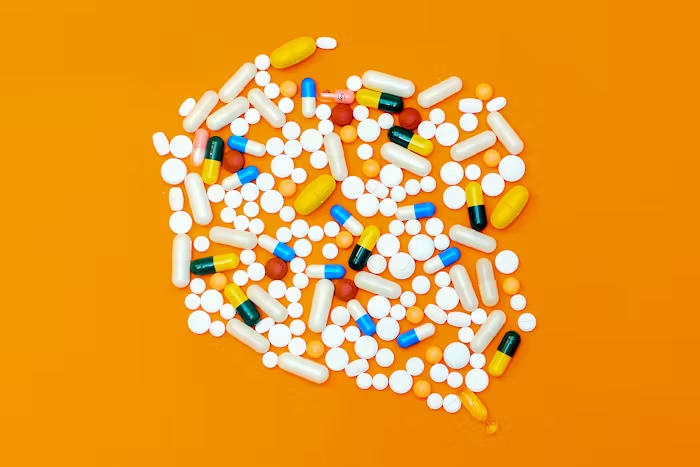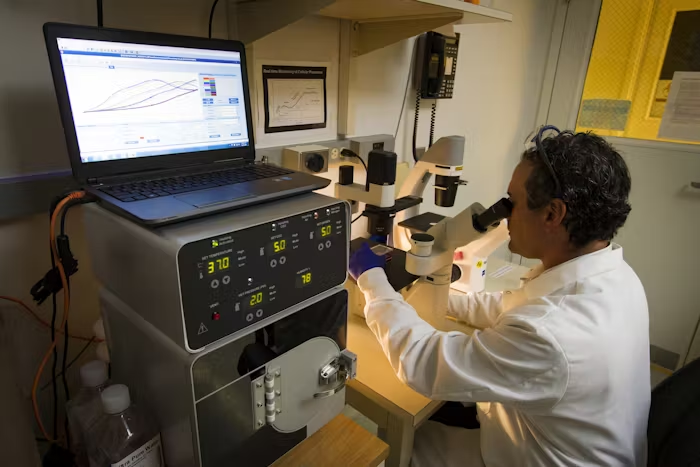Depression is a widespread mental health condition affecting millions of people globally. While it’s natural to feel sad or low at times, depression extends beyond temporary emotions, significantly impacting an individual’s quality of life. Recognizing its symptoms early is essential for seeking timely help and managing its effects.
This article delves into the symptoms of depression, explores its causes, and provides actionable insights to help individuals identify and address it effectively.
What Is Depression?
Depression, clinically known as major depressive disorder (MDD), is a mood disorder that affects how a person feels, thinks, and handles daily activities. Unlike occasional sadness, depression persists for weeks, months, or even years and can severely impair one’s ability to function.

Key Characteristics of Depression:
- Persistent feelings of sadness or emptiness.
- Loss of interest in previously enjoyable activities.
- Difficulty concentrating or making decisions.
- Physical symptoms, such as fatigue or changes in appetite.
Understanding the symptoms of depression is the first step in identifying the condition and seeking appropriate support.
Common Symptoms of Depression
Depression manifests differently in every individual. Below are the most common symptoms categorized for better understanding:
1. Emotional Symptoms
- Persistent Sadness: Feeling overwhelmingly sad or hopeless most of the time.
- Loss of Interest: Disinterest in hobbies, work, or social activities that once brought joy.
- Guilt and Worthlessness: Experiencing excessive guilt or feelings of inadequacy, even without a specific cause.
- Irritability: Increased frustration or anger over small matters.
2. Physical Symptoms
- Fatigue: Feeling drained and unable to complete daily tasks.
- Sleep Disturbances: Insomnia, excessive sleeping, or disrupted sleep patterns.
- Appetite Changes: Eating too much or too little, often leading to noticeable weight changes.
- Physical Pain: Experiencing headaches, stomachaches, or muscle pain without a clear medical cause.
3. Cognitive Symptoms
- Concentration Problems: Difficulty focusing, remembering details, or making decisions.
- Negative Thinking: Recurrent negative thoughts about oneself, the world, or the future.
- Suicidal Thoughts: Thoughts of death or self-harm, which require immediate professional help.
Types of Depression and Their Unique Symptoms
Depression comes in various forms, each with distinct features:
1. Major Depressive Disorder (MDD)
- Severe symptoms lasting for at least two weeks.
- Impacts daily functioning, including work and relationships.
2. Persistent Depressive Disorder (Dysthymia)
- Chronic, low-grade depression lasting two years or more.
- Symptoms may not be as severe but are consistent over time.
3. Postpartum Depression
- Affects new mothers after childbirth.
- Includes feelings of sadness, anxiety, and exhaustion that interfere with childcare.
4. Seasonal Affective Disorder (SAD)
- Depressive episodes linked to changes in seasons, typically occurring during winter months.
5. Bipolar Disorder
- Alternating episodes of depression and mania.
- Depressive symptoms are similar to those in MDD.
Causes and Risk Factors
While the exact cause of depression isn’t fully understood, several factors contribute to its development:
1. Biological Factors
- Brain Chemistry: Imbalances in neurotransmitters like serotonin, dopamine, and norepinephrine.
- Genetics: A family history of depression increases the risk.
2. Psychological Factors
- Trauma: Past traumatic events or childhood abuse.
- Chronic Stress: Prolonged exposure to stress without relief.
3. Environmental Factors
- Social Isolation: Lack of supportive relationships.
- Substance Abuse: Alcohol or drug use can exacerbate depression.
- Financial or Work Stress: Major life changes or ongoing challenges.
How to Identify Depression in Yourself or Others
Recognizing the symptoms in yourself or others requires attentiveness and understanding:
Signs You Might Have Depression
- You feel “off” or disconnected for extended periods.
- Daily activities feel overwhelmingly difficult.
- You frequently think about past regrets or future fears.
Signs in Others
- Withdrawal from social interactions.
- Significant changes in eating, sleeping, or personal hygiene.
- Expressions of hopelessness or frequent negativity.
The Importance of Early Recognition
Identifying depression early can make a significant difference in recovery outcomes:
- Improved Treatment: Early intervention often leads to more effective management.
- Preventing Escalation: Addressing symptoms early reduces the risk of worsening mental health or suicidal ideation.
Steps to Take If You Recognize Symptoms of Depression
1. Acknowledge Your Feelings
It’s essential to validate your emotions instead of suppressing them. Understand that depression is a medical condition, not a personal failing.
2. Seek Professional Help
- Consult a therapist, counselor, or psychiatrist for diagnosis and treatment.
- Explore treatment options, such as therapy (e.g., cognitive-behavioral therapy) or medication.
3. Build a Support Network
- Share your feelings with trusted friends or family members.
- Join support groups to connect with others facing similar challenges.
4. Practice Self-Care
- Healthy Lifestyle: Maintain a balanced diet, exercise regularly, and get adequate sleep.
- Mindfulness: Engage in meditation or relaxation techniques.
- Set Small Goals: Accomplish manageable tasks to build a sense of achievement.
Tips for Supporting Someone with Depression
If someone you know is experiencing depression, here’s how you can help:
1. Be a Good Listener
- Encourage open communication.
- Avoid offering unsolicited advice or dismissing their feelings.
2. Encourage Professional Help
- Suggest seeing a mental health professional.
- Offer to help them find resources or attend appointments.
3. Be Patient and Non-Judgmental
- Understand that recovery takes time.
- Refrain from saying things like “snap out of it” or “just be positive.”
Misconceptions About Depression
Many myths surround depression, contributing to stigma and misunderstanding. Here are some common misconceptions debunked:
1. Depression Is Just Sadness
Sadness is a temporary emotion, while depression is a persistent mental health condition that impacts various aspects of life.
2. You Can “Snap Out” of Depression
Depression is not a matter of willpower. It requires professional intervention and ongoing support.
3. Antidepressants Are the Only Solution
While medication can help, therapy, lifestyle changes, and support networks are equally important.
Preventing Depression: Proactive Strategies
While not all cases of depression can be prevented, adopting a proactive approach can reduce the risk:
1. Stay Connected
Maintain strong relationships and seek social support during tough times.
2. Manage Stress
Practice stress-reducing techniques, such as yoga, journaling, or deep breathing exercises.
3. Prioritize Physical Health
- Regular exercise improves mood by releasing endorphins.
- Adequate sleep and a balanced diet support mental well-being.
When to Seek Immediate Help
If you or someone you know is experiencing severe symptoms, such as suicidal thoughts, seek help immediately:
- Call a crisis hotline or emergency services.
- Reach out to a trusted friend, family member, or mental health professional.
Recognizing the symptoms of depression is a critical step toward understanding and addressing this pervasive mental health condition. By identifying emotional, physical, and cognitive signs, you can seek the necessary support for yourself or others.
Depression is treatable, and recovery is possible with early intervention, professional help, and a strong support system. Whether you’re experiencing depression firsthand or supporting someone who is, compassion, patience, and informed action are key to navigating the journey.
Remember, seeking help is a sign of strength, not weakness. Together, we can break the stigma surrounding depression and create a more supportive and understanding world.














